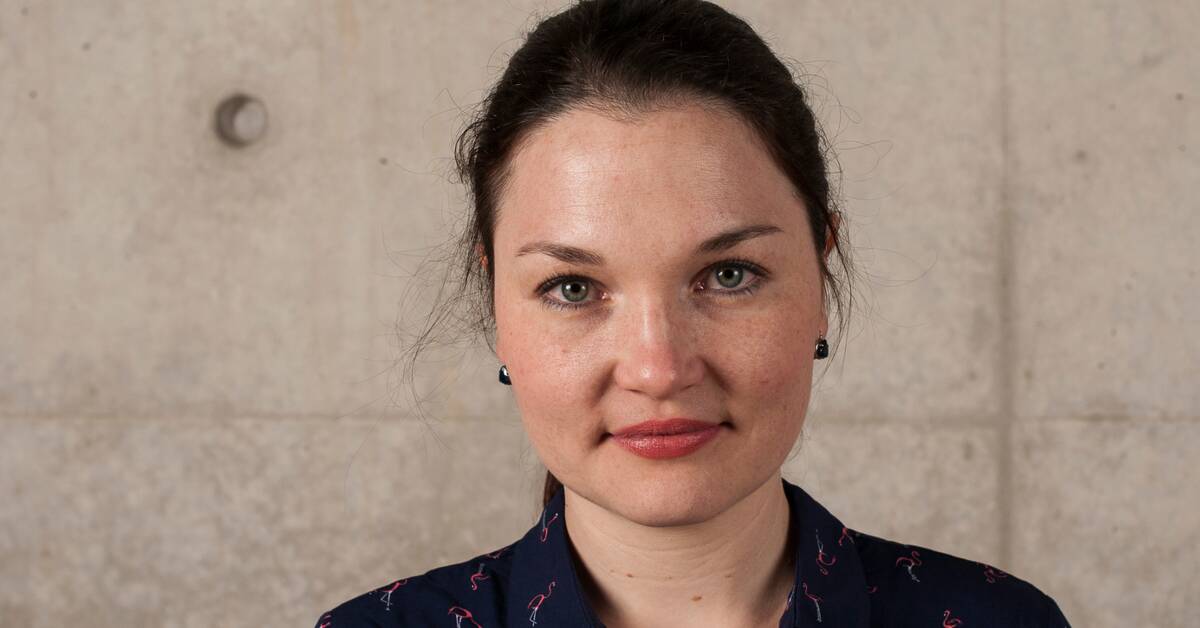Dostoevsky Street in Kyiv and the Pushkin bust in Dnipro, are a thing of the past.
Ukrainian authorities have started renaming Russian streets and giving them Ukrainian names.
And the examples are many more.
According to Julia Malitska, there are another hundred name changes and dismantling of monuments related to the Soviet or Russian past.
- This happens symbolically, but on different levels.
It is seen by the promoters as a way to liberate Ukraine from Russian and Soviet imperialism and domination.
Then one can ask how imperialistic Pushkin was, for example, but that is another discussion.
Want to cleanse the country of Russian culture
According to Julia Malitska, a historian specializing in the history of the Russian Empire, the Soviet Union and Ukraine at Södertörn University, this name change process is seen as a way to strengthen Ukrainian identity, language and culture.
But also to preserve and make visible the Ukrainian cultural heritage.
- This is being done to cleanse Ukraine of Russian culture and domination.
The authorities believe that this strengthens the national identity for future generations.
It's a lot about which stories you want people to associate with the places.
Already started in 2014
Julia Malitska believes that name changes in public places are a way to "prevent, cleanse or protect" Ukrainian culture from Russian domination.
She says that the decommunization, that is, the purging of the names of communist functionaries and Soviet holidays in Ukrainian cities and villages, began after the Maidan Revolution in 2014.
- During the Soviet Union, Russian language and culture had a privileged position.
Ukrainian language and culture were suppressed.

